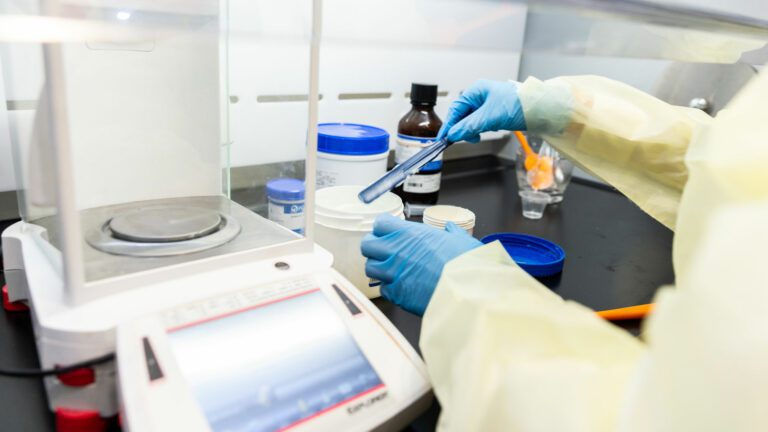
With the implementation of the new ACP non-sterile compounding standards, many pharmacies are considering entering into, or currently have agreements with compounding and repackaging pharmacies to outsource compounds that they are unable to compound themselves. This is certainly one way to meet the standards and be able to meet the needs of your patients.
As a reminder, even if the drugs and/or compounds you provide your patients were prepared by another pharmacy, you are still responsible for the safety and integrity of those products. In this article, we’ll show you several ways you can help ensure you provide safe, quality products to your patients.
1. Consider more than cost.
When entering into a compounding and repackaging agreement with another pharmacy, consider more than just the prices being offered. You should also consider factors such as the professionalism of the pharmacy supplying the compounds. Do they stand behind their products? Are they able to answer your questions and provide support? Are they able to meet your requests in a timely manner? Do they use referenced formulations for their compounds and high-quality, active ingredients? Do they make the list of active ingredients available to the pharmacy purchasing the compounds?
2. Ensure the compounding and repackaging pharmacy is meeting the standards.
Before you enter into an agreement, confirm that the compounding and repackaging pharmacy has
- proper policies and procedures in place;
- documented quality assurance processes;
- appropriate facilities and equipment for the compounds they are preparing;
- dedicated, clean spaces for compounding;
- trained, skilled, and knowledgeable compounding staff; and
- all other requirements identified in the standards.
If possible, contact the compounding and repackaging pharmacy to arrange a tour of their facility so that you can see first-hand whether the pharmacy meets both the standards and your expectations. This will help you be confident in the pharmacy’s services before entering into an agreement.
3. Do products compounded by the pharmacy exceed beyond-use dates (BUDs)?
If so, ensure that the pharmacy can verify that the products it prepares can maintain stability, potency, and are safe from microbial contamination over the duration of the extended BUD. Do they have supporting evidence and stability data? Do a critical analysis of the evidence to ensure it is well founded before accepting these extended BUDs.
4. Does the compounding and repackaging pharmacy have appropriate labelling, packaging, delivery and recall policies and procedures?
Verify that the products you order are appropriately packaged and labelled when they arrive from the compounding and repackaging pharmacy, including hazardous risks. Products should be stored and transported under appropriate conditions including temperature and light. Check with the compounding and repackaging pharmacy to verify that they have a recall procedure in place and appropriate record keeping to ensure all recalled compounds can be traced.
5. Ensure you have a proper agreement in place before accepting compounded products.
Before entering into an agreement, verify that the pharmacy preparing the compounded products has a current compounding and repackaging licence. Make sure to complete the compounding and repackaging agreement form to finalize the agreement.
6. Monitor and follow up with your patients.
If you are providing your patients drugs or compounds prepared by another pharmacy, make sure to follow up with your patients to get their feedback. Ask your patients the following questions (if applicable):
- Did the product work? Did you get the health benefits you expected?
- Did the product cause any unwanted side effects?
- Did the product maintain its integrity over the duration of the BUD, including colour, texture and smell?
If your patients’ answers give you cause for concern, contact the compounding and repackaging pharmacy to verify their process for the product in question.
Following these tips will help you feel more confident in what you’re purchasing from a compounding and repackaging pharmacy and what you’re dispensing to your patients. Again, as the dispensing pharmacy professional, what you provide to your patients is your responsibility.
NOTE: This article was updated on May 18, 2022, to link to new versions of the compounding and repackaging agreement form.




